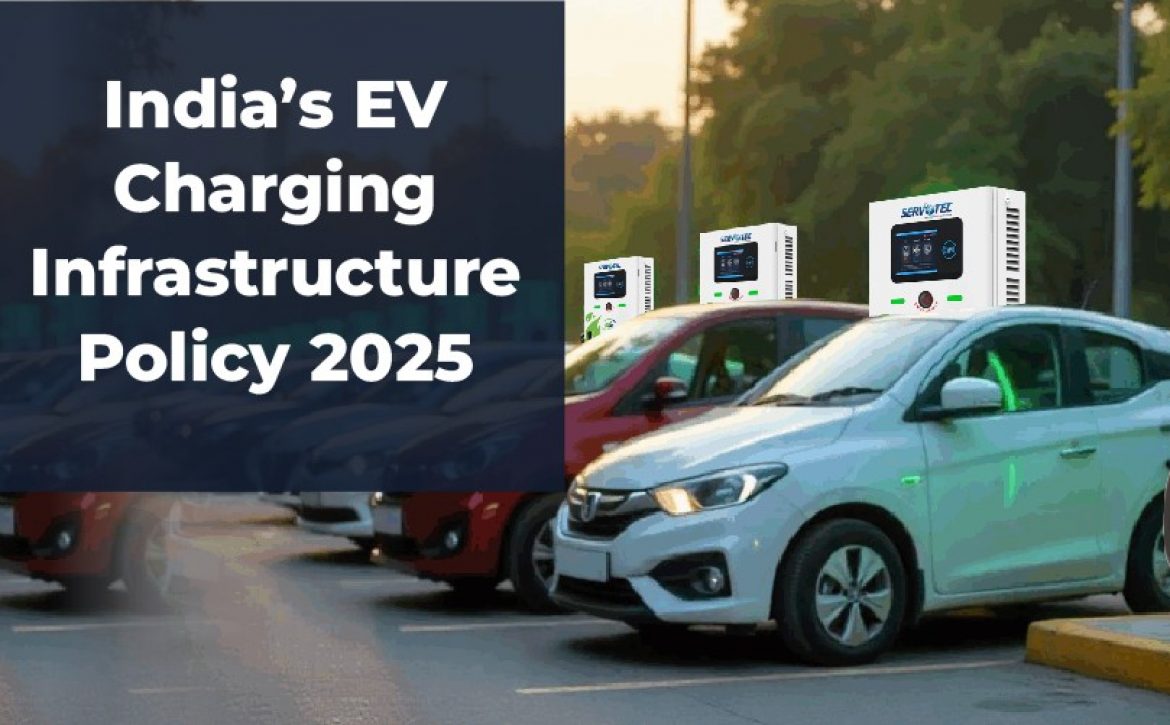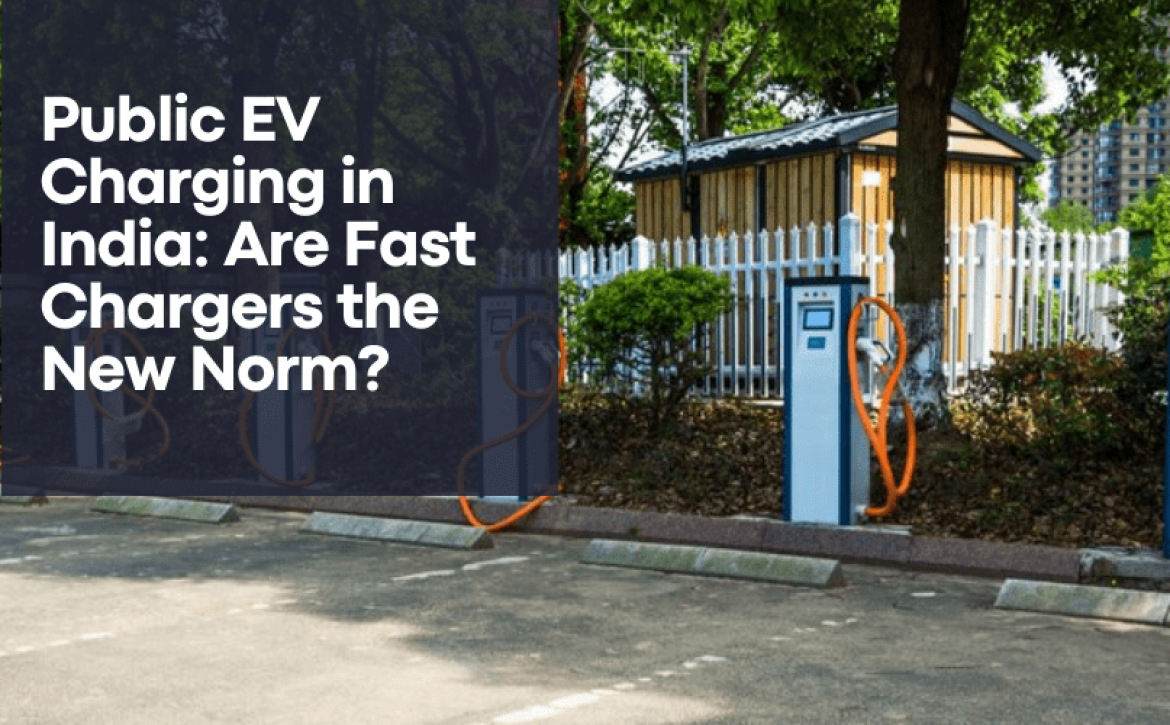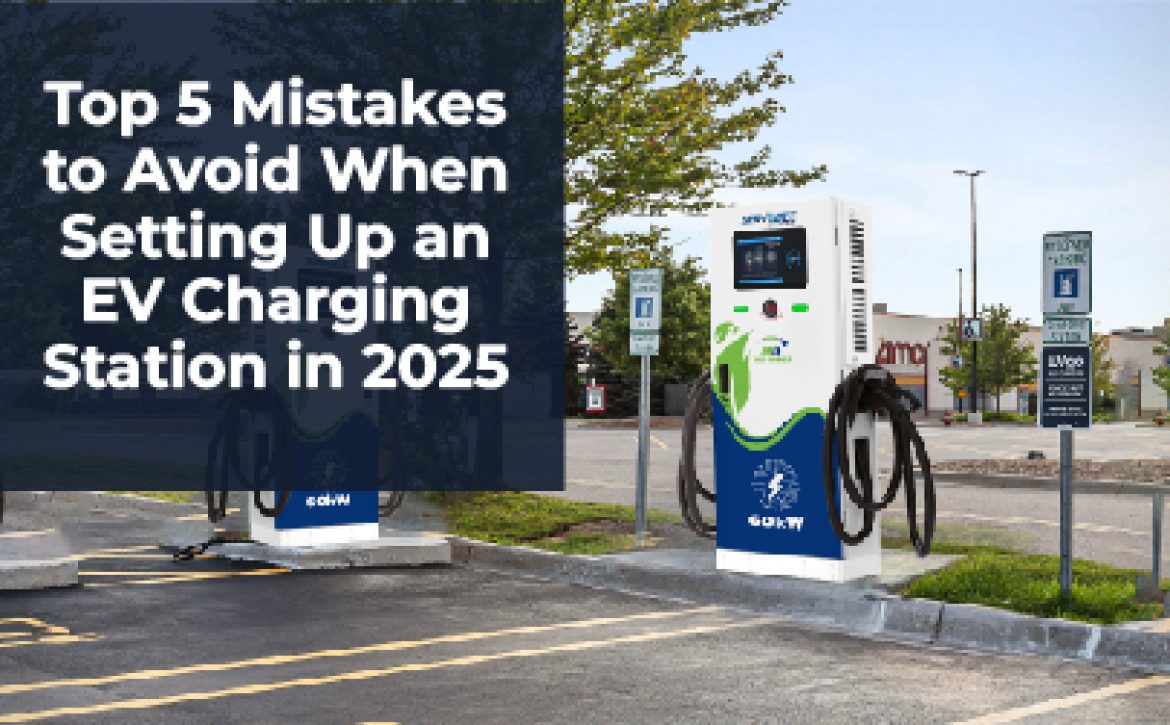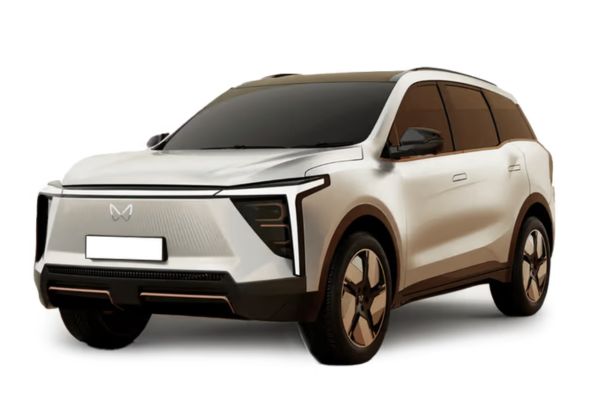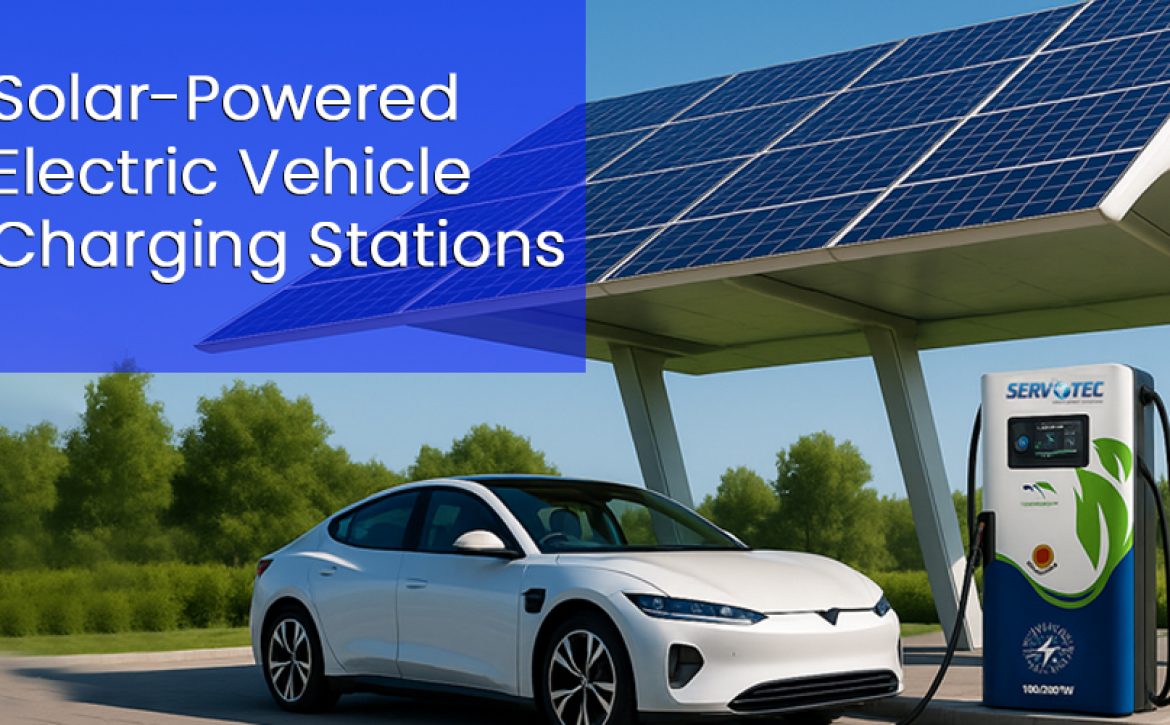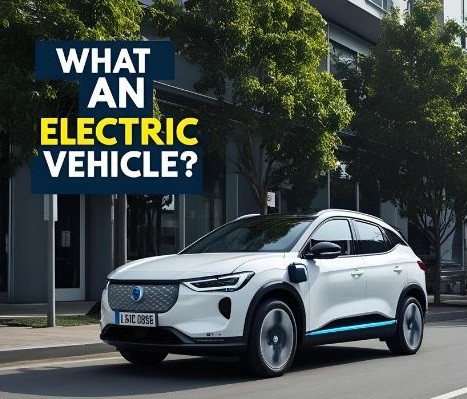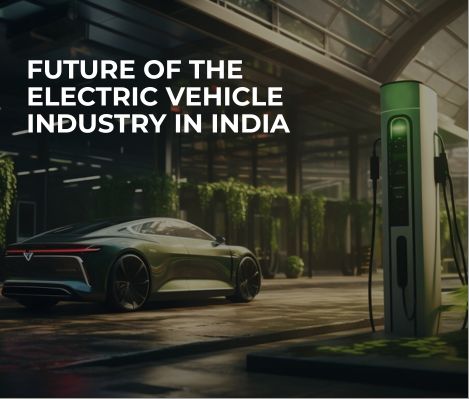India’s EV Charging Infrastructure Policy 2025: What You Should Know
The transition to electric mobility is a bold step towards India’s sustainable growth. With the acceleration of EV adoption, the government has introduced the EV Charging Infrastructure Policy 2025, designed to strengthen the charging ecosystem and make EV ownership more practical for millions of citizens. This blog breaks down the key elements, challenges, and opportunities under the new policy.
Why EV Charging Infrastructure is Key to India’s EV Future
One of the main barriers to EV adoption in India has been the lack of accessible and reliable charging stations. Without a widespread charging network, potential buyers hesitate to switch from traditional fuel vehicles, fearing “range anxiety.”
The new policy directly addresses this gap by focusing on:
- Expanding charging station density across urban and rural regions.
- Ensuring interoperability and standardization.
- Making charging more affordable for consumers.
Key Highlights of the EV Charging Infrastructure Policy 2025
1. Nationwide EV Charging Network Expansion
The government aims to set up ev charging stations every 3 kilometers in cities and every 25 kilometers on highways. This ensures no EV owner is left without charging access, whether commuting in metros or traveling inter-city.
2. Public-Private Partnerships
The policy encourages collaboration between government agencies, DISCOMs, and private companies. Incentives and subsidies will support faster deployment of charging stations, boosting private sector confidence.
3. Standardization & Interoperability
Multiple charging technologies have created compatibility issues in the past. The 2025 policy enforces unified charging standards, ensuring all EVs can access public charging stations seamlessly.
4. Renewable Energy Integration
To reduce carbon emissions further, the policy mandates that new charging stations source a percentage of their power from solar and other renewables. This move ties EV adoption closely to India’s clean energy mission.
5. Incentives for Residential & Workplace Charging
The policy also promotes home charging units and workplace infrastructure, ensuring EV owners have multiple convenient charging options beyond public stations.
Challenges India Must Overcome
While the policy is promising, implementation faces hurdles:
- High initial investment for setting up advanced charging networks.
- Grid readiness in areas with limited power infrastructure.
- Awareness gaps among potential EV buyers about charging access.
- Land and space constraints in densely populated cities.
Failure to address these issues could slow down the rollout and affect consumer trust.
Long-Term Impacts of the EV Charging Policy
If implemented successfully, the EV Charging Infrastructure Policy 2025 will:
- Accelerate EV adoption by removing range anxiety.
- Create new jobs in the installation, maintenance, and operations of charging stations.
- Lower air pollution by reducing dependency on fossil fuels.
- Boost renewable integration, ensuring India’s transport sector is powered by clean energy.
- Attract global investment into India’s EV ecosystem.
How Companies Like Servotech are Driving Change
Private players play a vital role in making the government’s vision a reality. Private players play a vital role in making the government’s vision a reality. Companies like Servotech Renewable Power System Ltd. are already leading the charge in this transformation. As one of India’s best EV charger and solar manufacturers, Servotech is known for its innovative range of AC & DC EV chargers, high-efficiency solar panels, and advanced solar solutions. With a strong focus on sustainability, cutting-edge technology, and nationwide accessibility, Servotech is empowering India’s shift towards clean energy and e-mobility. Servotech Renewable Power System Ltd. is already:
- Deploying thousands of public and private charging stations.
- Partnering with state authorities and corporates for EV infrastructure projects.
- Developing smart chargers that integrate with renewable energy sources.
- Innovating to provide cost-effective charging solutions for two-wheelers, three-wheelers, and commercial fleets.
Such efforts complement the policy and ensure faster, more reliable EV adoption.
What Consumers Should Know
For EV buyers, the new policy means:
- Easier access to charging across cities and highways.
- More affordable EV ownership, with lower charging costs compared to fuel.
- Cleaner, greener mobility backed by renewable power.
Simply put, owning an EV in 2025 and beyond will be more convenient, reliable, and sustainable than ever before.
Conclusion
The EV Charging Infrastructure Policy 2025 marks a turning point for India’s electric mobility journey. By expanding networks, standardizing systems, and integrating renewable energy, the government is laying the foundation for a robust EV ecosystem.
With active participation from private players like Servotech, India is not just building an EV future, it is building a self-reliant, sustainable transport system that benefits both the economy and the environment.

